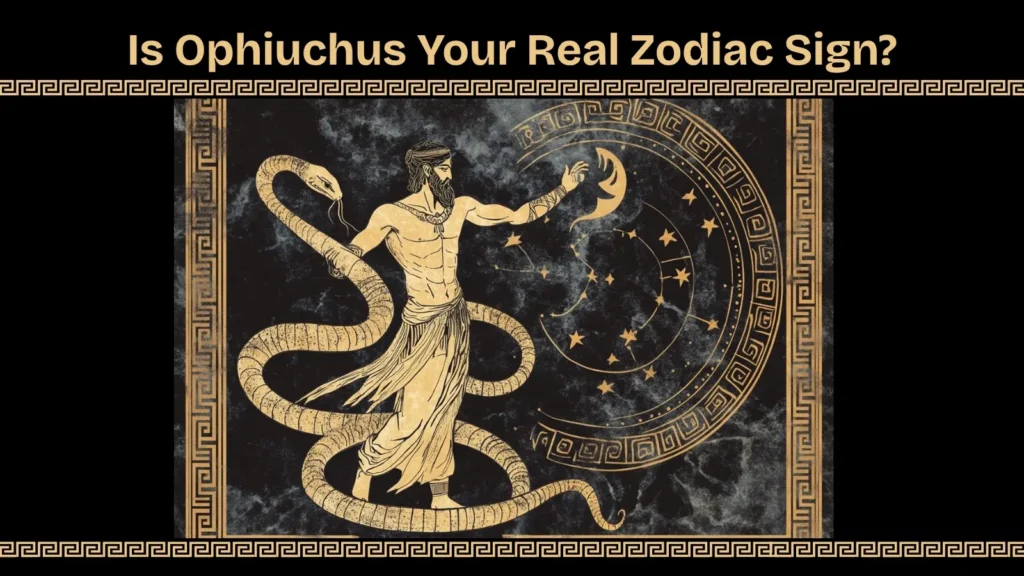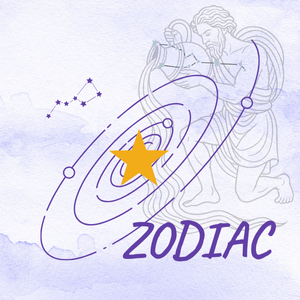The Lost 13th Zodiac Sign Ophiuchus Explained
The 13th zodiac sign Ophiuchus has long been a mystery to astrology enthusiasts. For centuries, people have looked to the zodiac to understand their personalities, relationships, and destinies. The twelve familiar signs, from Aries to Pisces, are deeply rooted in ancient traditions — yet few realize there’s a hidden thirteenth constellation in the mix. Welcome to the fascinating story of Ophiuchus, the serpent bearer — a celestial sign that challenges everything we thought we knew about the zodiac.
The Origins of Ophiuchus
The origins of Ophiuchus can be traced back to ancient Babylonian astronomy. The Babylonians, who lived around 3,000 years ago, divided the sky into twelve sections based on the movement of the sun through the constellations. Each section represented a zodiac sign that the sun would pass through during its annual journey. However, there was a problem: the sun actually passes through thirteen constellations, not twelve. The Babylonians deliberately left out Ophiuchus to create a more symmetrical twelve-sign zodiac system.
What Does Ophiuchus Represent?
Ophiuchus, also known as the Serpent Bearer, is depicted as a man holding a serpent, symbolizing healing, wisdom, and transformation. The name Ophiuchus comes from the Greek words “ophi” (meaning serpent) and “cheus” (meaning bearer).
In mythology, Ophiuchus is often associated with Asclepius, the ancient Greek god of medicine, who was believed to have the power to bring the dead back to life. People born under Ophiuchus (if the sign were to be officially recognized) would have birthdays between November 29 and December 17.
According to interpretations of Ophiuchus, individuals born under this sign are curious, passionate, and highly intelligent. They have a natural talent for healing and are drawn to philosophical and spiritual pursuits.

Understanding polarity helps us see the interconnectedness of the zodiac signs, as positive and negative signs work in harmony, like the two sides of a coin. Embracing these opposites allows us to appreciate the diverse qualities they bring, both within ourselves and in our interactions with others.
The Controversy of Adding a 13th Sign
In 2016, NASA reignited the debate by pointing out that the sun indeed passes through Ophiuchus, and if we were to follow the constellations accurately, it would alter the zodiac calendar. This caused a stir in the astrological community, with some embracing the idea of the 13th sign and others rejecting it entirely.
Astrologers argue that astrology is based on a symbolic system, not necessarily the exact positions of the constellations. The twelve-sign zodiac is deeply ingrained in astrology’s traditions and cultural significance. Changing it would disrupt the established framework that people have followed for centuries.
How Would the Zodiac Change?
If Ophiuchus were to be added to the zodiac calendar, the dates of all the zodiac signs would shift. For example:
Aries: April 19 – May 13
Taurus: May 14 – June 19
Gemini: June 20 – July 20
Cancer: July 21 – August 9
Leo: August 10 – September 15
Virgo: September 16 – October 30
Libra: October 31 – November 22
Scorpio: November 23 – November 28
Ophiuchus: November 29 – December 17
Sagittarius: December 18 – January 18
Capricorn: January 19 – February 15
Aquarius: February 16 – March 11
Pisces: March 12 – April 18
This adjustment would mean that millions of people might have different zodiac signs than they currently believe.

What Does Ophiuchus Mean for Astrology?
While the idea of a 13th zodiac sign Ophiuchus is intriguing, it remains controversial. Traditional astrologers continue to work with the twelve-sign system, emphasizing that astrology is more about symbolic meaning than astronomical precision.
For those who are curious about Ophiuchus, it represents an opportunity to explore new aspects of their personality and destiny. The serpent bearer symbolizes healing and transformation, reminding us that life is ever-changing and full of mysteries yet to be discovered.
Whether or not you choose to embrace Ophiuchus as part of your astrological journey, its story adds a fascinating chapter to the rich history of astrology. It challenges us to think beyond the traditional twelve signs and consider the possibility that the universe holds more secrets than we once believed.
Use these free astrology tools to uncover deeper insights about yourself — from your zodiac and Chinese sign to your MBTI personality match.
Take our MBTI-style personality test and see how your results pair with your zodiac sign.




